When Luxury Pools Go Wrong: The Biggest Threats High-End Projects Face (And How to Avoid Them)
Building a luxury pool is a significant investment, one that should deliver both beauty and peace of mind. Yet, even the most impressive projects can...
4 min read
JC Escudero : November 11, 2025
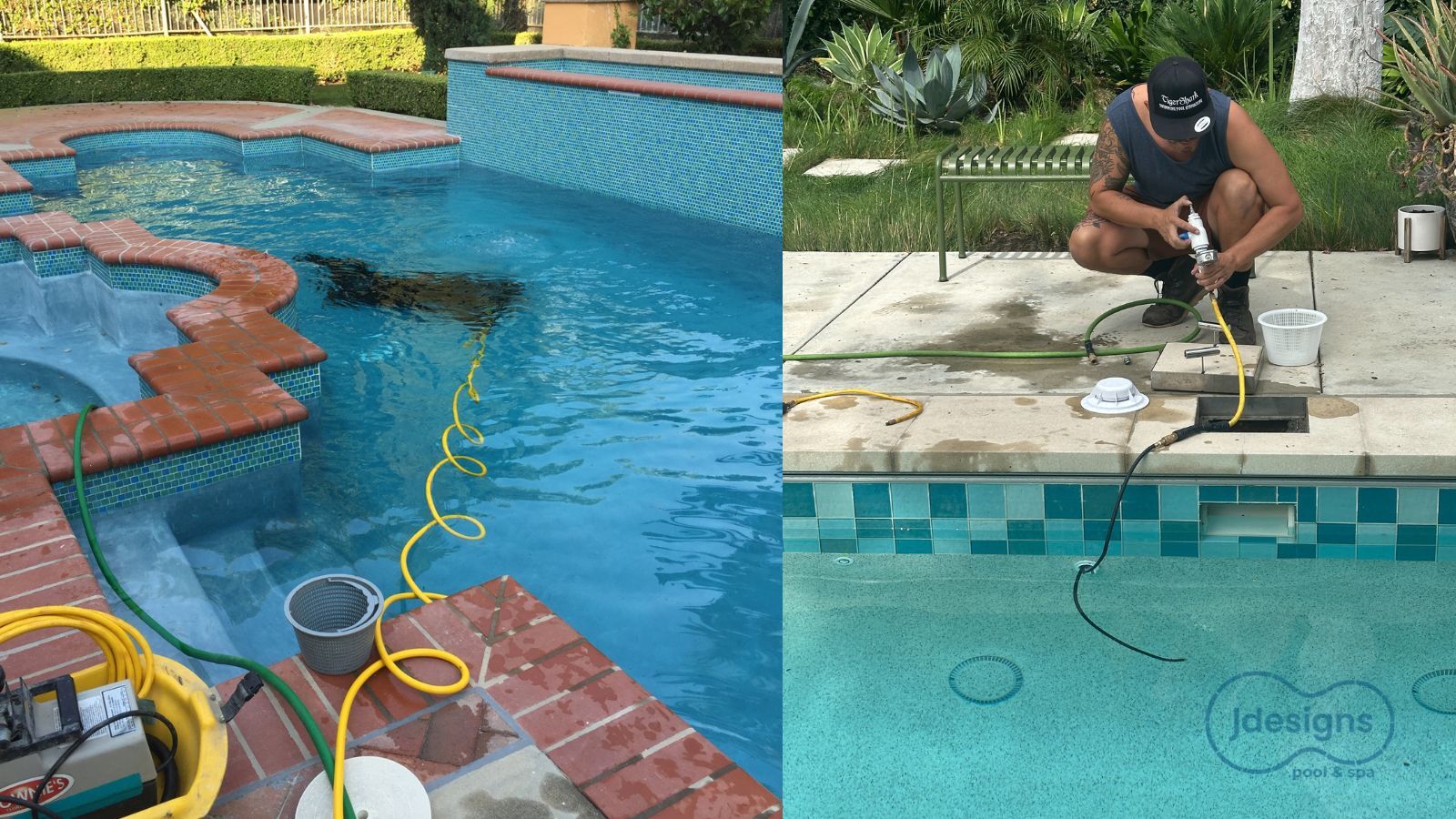
If your pool’s water level is mysteriously dropping, you might chalk it up to evaporation, but it could be something more serious. Undetected leaks can cause skyrocketing water bills, damage your landscaping, and erode the very foundation beneath your pool.
At J Designs, since 2008, we’ve inspected and repaired hundreds of pools across Southern California. One thing is clear: leaks rarely fix themselves, and they usually cost more the longer they go unnoticed.
In this article, we’ll show you how to spot signs of a leak, explain the most common causes, and walk through your repair options so that you can protect your pool and your property.
Leaks often hide in plain sight. Here are red flags to watch for:
“We thought the heat was causing it, but our lawn was getting swampy. That’s when we knew.”
– Amanda, Homeowner in Beverly Hills
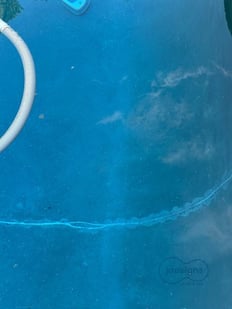
Leaks typically fall into three categories: structural, plumbing, and equipment-related.
Cracks in the pool shell, especially in concrete or gunite pools, can form from soil movement, ground shifts, or freeze-thaw cycles. Even small cracks can let water seep into the surrounding soil.
“We patched a crack twice ourselves. It kept coming back, until a pro told us the whole shell had shifted.”
– John D., Glendale
.jpg?width=233&height=311&name=Leak%20Vertical%20Blog%20Visual%20(3).jpg)
These leaks happen in the pipes that circulate water to and from your pool, and they’re not always buried deep. They often appear at connection points or fittings that break.
“The water was vanishing fast, and we thought it was the pump. It turned out to be leaking right at the skimmer.”
– Carlos M., Pool Owner in Los Angeles
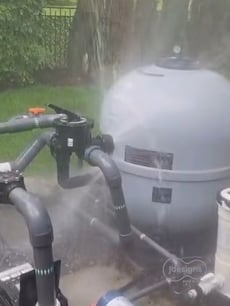
These are easier to spot. Look for leaks around your:
If your equipment pad is wet or muddy, especially when the pump runs, it’s likely a mechanical issue.
Even if your pool is well-built, it’s built on moving ground.
According to the Geological Institute of California, the state experiences an average of 70 small earthquakes every day (magnitude 1.0 or greater). That’s right, the earth beneath your pool shifts dozens of times a day, even if you don’t feel it.
“We didn’t notice anything at first, but the light fixture started pulling away, and a crack appeared. It just widened over time.”
– Sonia R., Sherman Oaks
These micro-movements cause stress on your pool shell, plumbing, and fittings. In regions like Los Angeles, even brand-new pools can shift enough to create separation or minor cracking that grows worse over time.
How to Confirm a Pool Leak (Before Calling a Pro)
Before spending money, try these homeowner-friendly leak tests:
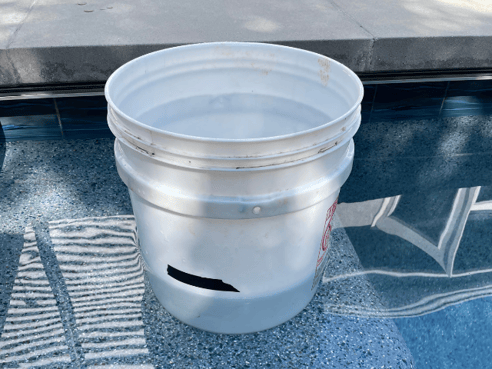
.jpg?width=216&height=288&name=Leak%20Vertical%20Blog%20Visual%20(2).jpg)
Pool pros can pressurize each plumbing line independently to isolate and locate leaks, often using sonic or ultrasonic listening devices to trace the exact location.
.jpg?width=214&height=285&name=Leak%20Vertical%20Blog%20Visual%20(1).jpg)
These require professional evaluation and repair. Cracks often reappear if not appropriately handled.
“I used epoxy and metal staples to save money. The crack reopened a few months later, and this time the leak was worse.”
– Mark K., Pasadena
Metal staples are not a permanent fix.
While popular for DIY repairs, metal staples are not an approved long-term solution for structural cracks. Even manufacturers disclose that their own staples do not permanently stop water intrusion. At best, they’re a temporary patch, and often fail if the surrounding area shifts again.
In pools over 20–25 years old, the cost of extensive repair may outweigh the value. As a result, some homeowners opt to install a new shell inside the existing pool or fully replace it and redesign the backyard.
Call a leak detection expert first if you notice any of the following:
“We tried to fix it ourselves and ended up wasting time and money. The leak detection team found it in 45 minutes for a fraction of the cost of the previous repairs.”
– Denise & Tom, Glendale
A qualified pro will use tools like:
Leak detection isn’t a flat-fee service—it varies based on the type of pool, accessibility of plumbing, and how difficult the leak is to locate. But here’s what most homeowners can expect:
Professional pool leak detection typically costs between $750 and $2,000 or more.
Minor inspections or single-line tests may be on the lower end (around $750–$1,000).
More complex situations, such as multiple leaks, underground plumbing issues, or structural crack tracing, can push the price to $1,500–$2,500+.
Keep in mind, this does not always include the cost of repairs, which may be quoted separately once the leak is located.
“It felt like a lot at first—but we ended up saving money by finding the real leak early instead of replacing the wrong parts.” – Lena, Homeowner in Burbank.
Don’t Let a Small Leak Become a Big Problem
By now, you’ve learned how to identify the warning signs, understand the types of pool leaks, and even test for them yourself. But here’s the bottom line:
Leaks get worse, not better, with time.
Whether caused by equipment failure, soil movement, or poor construction, water loss puts pressure on your yard, your plumbing, and your wallet.
If your pool has any signs of leakage, it’s time to take action. Schedule a leak detection appointment or explore your repair options before further damage occurs.
At J Designs, we’re here to help you protect your backyard investment and make informed decisions every step of the way. Click below to book an appointment and don't wait until you lose more water.
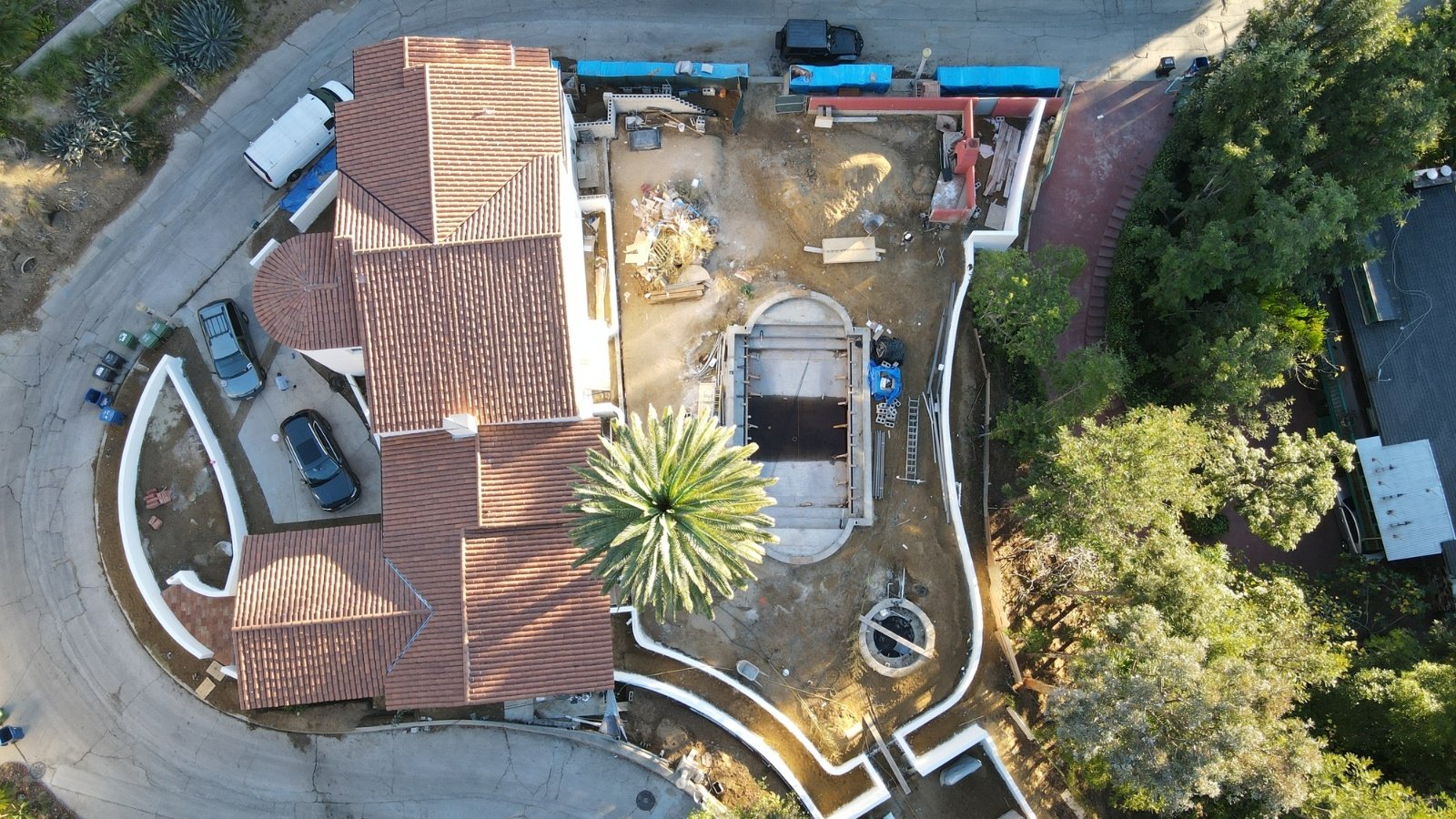
Building a luxury pool is a significant investment, one that should deliver both beauty and peace of mind. Yet, even the most impressive projects can...
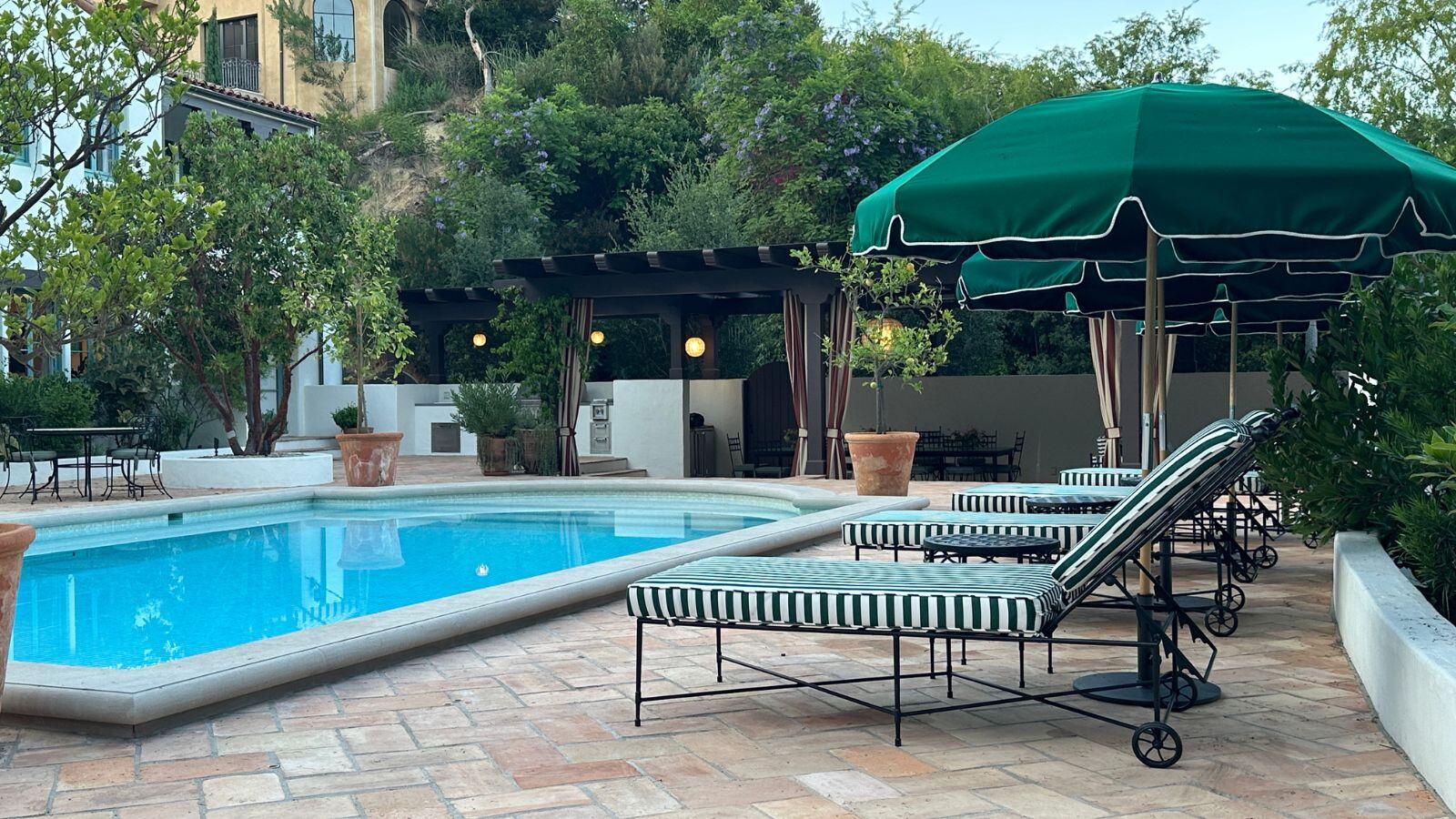
For more than twenty years, J Designs has partnered with discerning homeowners to create exceptional pools and luxury outdoor environments. Again and...
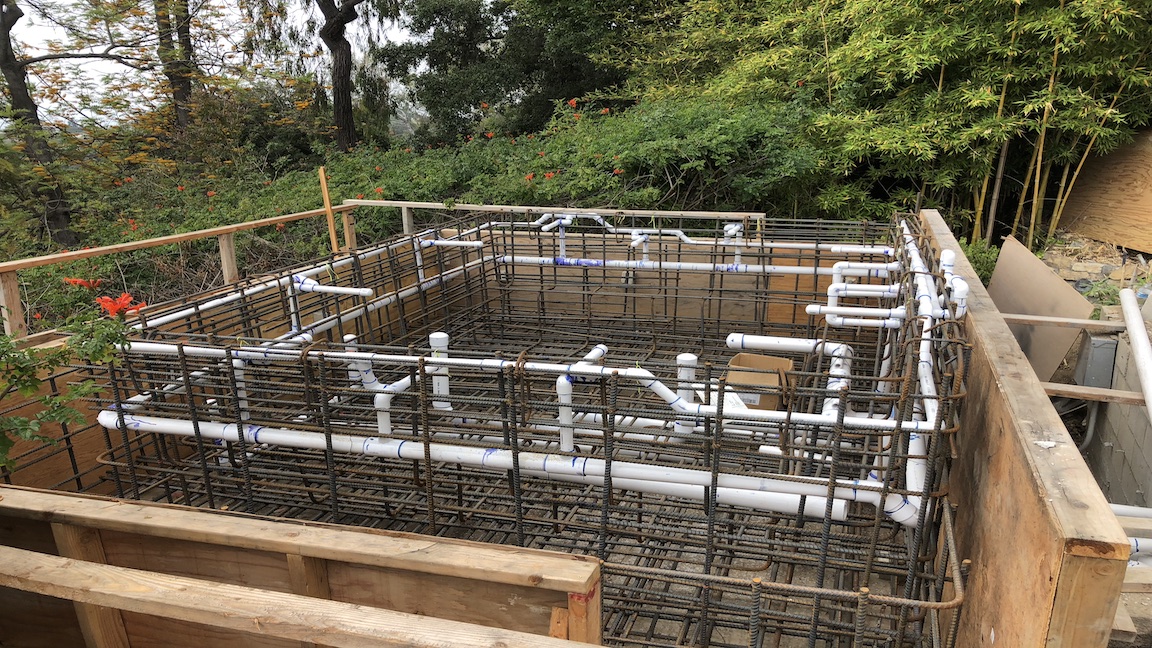
You wouldn’t power a modern luxury car with a 1980s engine. It might run, but not well. It would guzzle fuel, struggle under load, and eventually...